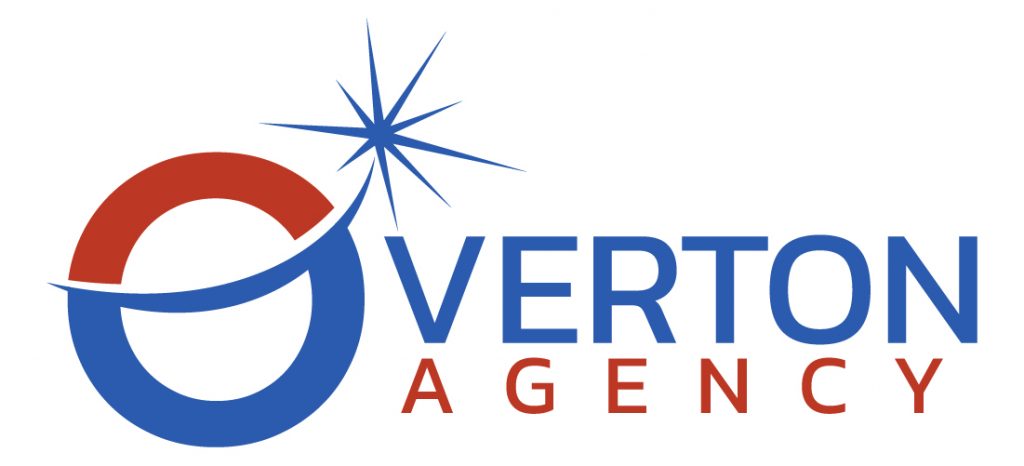Understanding Medicare Advantage Plan
Medicare Advantage Plans, also known as Medicare Part C, are offered by private insurance companies and provide an alternative to Original Medicare. These plans often include extra benefits like vision, dental, and prescription drug coverage. Understanding how these plans work is crucial for Medicare beneficiaries looking to optimize their healthcare experience.
Original Medicare vs. Medicare Advantage
Original Medicare consists of Part A and Part B, covering hospital and medical services. In contrast, Medicare Advantage Plans offer the same benefits and often include additional coverage. However, beneficiaries must use a provider network, which might limit choices compared to the flexibility of Original Medicare.
Medicare and Medicare Advantage: How do They Work Together?
Many Medicare beneficiaries are unsure about how Medicare Advantage Plans integrate with the traditional Medicare system. While Original Medicare is government-managed, Medicare Advantage Plans are managed by private insurance companies approved by the Centers for Medicare and Medicaid Services. These plans must cover all services that Original Medicare covers, but they can also offer extra benefits.
Choosing the Best Medicare Advantage Plan
When selecting a Medicare Advantage Plan, consider factors such as out-of-pocket costs, provider networks, and extra benefits. The best Medicare Advantage Plan for you will depend on your specific healthcare needs and budget. During the Medicare open enrollment period, you can compare plans and find the one that best fits your needs.
Switching from Medicare Advantage to Original Medicare
If you find that a Medicare Advantage Plan is not meeting your needs, you can switch back to Original Medicare. However, this can only be done during certain times of the year, such as the Medicare open enrollment period.
Medigap: A Supplement to Traditional Medicare
For those opting for Original Medicare, a Medigap Plan can help cover additional out-of-pocket costs not covered by Parts A and B. These plans are standardized and can provide peace of mind by covering expenses like copayments and deductibles.
Pros and Cons of Medicare Advantage
Medicare Advantage Plans offer several benefits but also come with some drawbacks. Understanding these can help you decide if this option is right for you.
- Pros: Often includes additional benefits such as vision and dental, caps on out-of-pocket spending, and potentially lower Part B premiums.
- Cons: Limited to a provider network, may require prior authorization for certain services, and could have higher copayments for some services.
Cons of Medicare Advantage Plans
While Medicare Advantage Plans can be beneficial, they also have certain disadvantages. These plans often require you to stay within a network, and switching plans can be complicated. Additionally, some services may need prior authorization, which can be a hassle for enrollees.
